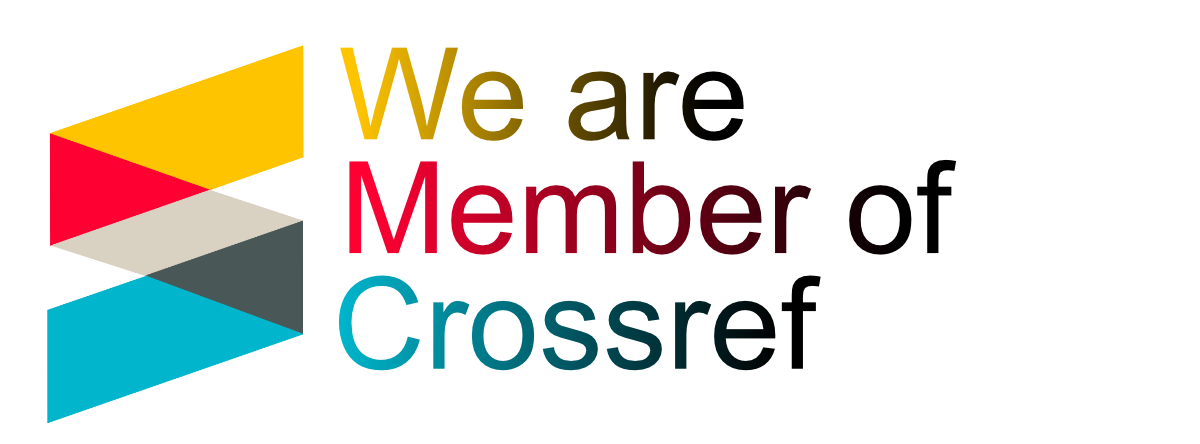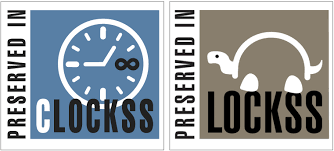Submission to Acceptance: 93 days
© 2024 | Symphony
Currere and Praxis (C&P) journal's ethics statement is grounded in the Code of Conduct guidelines established by the Committee on Publication Ethics (COPE), accessible at www.publicationethics.org
This journal adheres to the COPE Code of Conduct and Best Practice Guidelines for Journal Editors, as well as the Code of Conduct for Journal Publishers and Core Practices, striving to follow these Best Practice Guidelines. As a robust C&P scientific community, which includes the publisher, editors, authors, and reviewers, we are all committed to upholding these ethical standards.
Publisher Responsibilities
C&P is published by the Association for the Advancement of Interdisciplinary Education Studies (AAIDES), which is referred to as the "Publisher" in this context.
Editor Responsibilities
Guest Editor Responsibilities
Reviewer Responsibilities
Author Responsibilities
Authorship & Contributorship
Currere and Praxis (C&P) utilizes plagiarism detection software to confirm the authenticity of submitted manuscripts. Although authors are accountable for ensuring the originality of their manuscripts, the software serves as an extra precautionary measure. Based on the originality check results, the editorial team may request explanations, evidence, or revisions from the authors.
C&P strongly oppose any form of unethical copying or plagiarism. It is not acceptable to reproduce text from other articles (plagiarism) without properly citing the source or to produce a large number of articles with almost the same content by the same authors (self-plagiarism). It is unethical to submit the same results to more than one journal at the same time. Review articles are the exception. Authors may not present results obtained by others as their own. Authors should appreciate the work of others used in their research and cite publications that have influenced the direction and course of their work.
Editors
Editors should be responsible for managing the review process and have the right to decline any submission in case of any conflict-of-interest. They should not have any direct personal and/or financial conflicts with their assigned manuscripts. They should not be assigned to manuscripts if they are on the author list.
Reviewers
Reviewers should be responsible for declining the review process if any substantial conflicts-of-interest exist. In case of any doubt, they should consult the Editor to make a decision regarding the review process. Researchers from authors' institutions should not be considered as peer reviewers to prevent any conflicts-of-interest.
Authors
According to the general publication policy of Currere and Praxis (C&P), only the researchers who contributed to the work in a real sense should be considered as an author. Authors should be responsible for disclosing all the personal and financial relationships that might bias their work. Financial relationships such as employment, consultancies, stock ownership, honoraria, and paid expert testimony can be classified as the most easily identifiable conflicts-of-interest and the most likely to undermine the credibility of the journal. To clarify the conflicts-of-interest issues, authors must submit a letter to the editorial office accompanying the submitted manuscript and explicitly state if any potential conflicts exist or not.
Complaints regarding any published materials will only be accepted within 12 months from the first publication date. In case of any complaint, the authors are required to submit their complaints along with their reasons to the editorial office via editor@currerepraxis.com email address.
*Prepared by the publisher, reviewed, and approved by C&P Editors and commissioned Editorial Board Members. Updated on 12 February 2024.
© 2024 | Symphony


|
|
OJS Hosting, Support, and Customization by | OJS-Services.com |